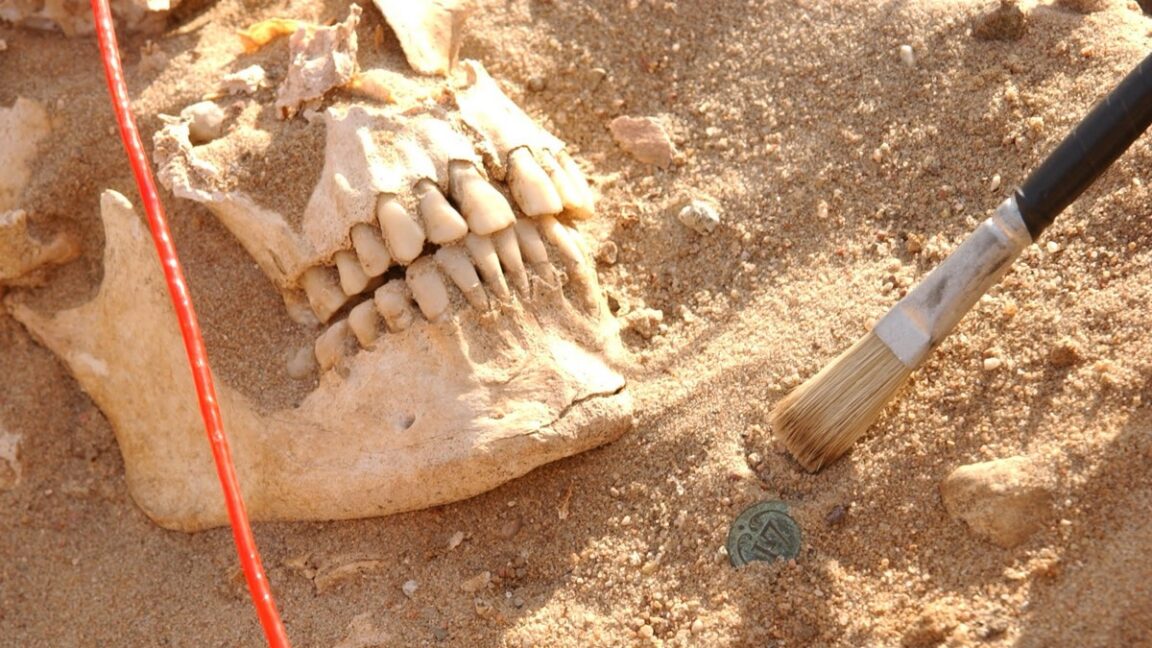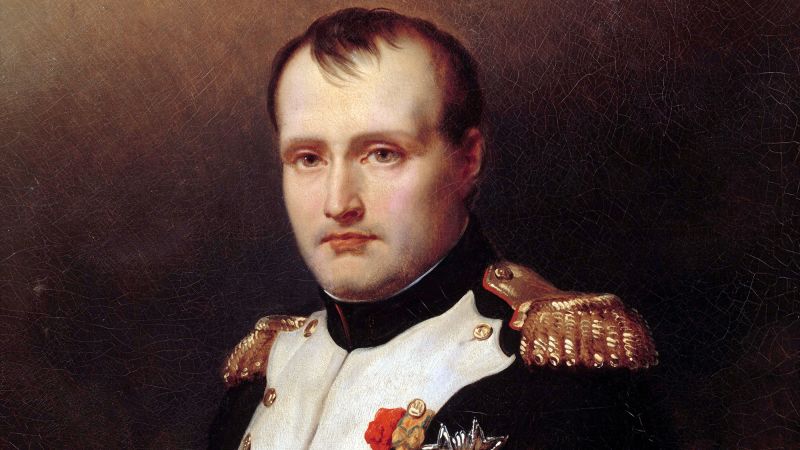Napoleon's 1812 Moscow Campaign Devastated by Disease, Not Just Winter
Napoleon Bonaparte's 1812 military campaign into Moscow, involving over half a million men, was likely devastated by pathogens and multiple diseases, leading to an estimated 300,000 soldier deaths during the Russian retreat.
Subscribe to unlock this story
We really don't like cutting you off, but you've reached your monthly limit. At just $5/month, subscriptions are how we keep this project going. Start your free 7-day trial today!
Get StartedHave an account? Sign in
Overview
- Napoleon Bonaparte led a massive military campaign into Moscow in 1812 with an army exceeding half a million soldiers.
- The campaign's devastating losses were likely caused by pathogens and multiple diseases, rather than solely the harsh Russian winter.
- An estimated 300,000 of Napoleon's soldiers perished during the retreat from Russia due to these unexpected diseases.
- Tens of thousands of soldiers managed to return to France after enduring the arduous and disease-ridden Russian retreat.
- The significant impact of disease highlights a critical, often overlooked, factor in the failure of Napoleon's ambitious 1812 military endeavor.
Report issue

Read both sides in 5 minutes each day
Analysis
Center-leaning sources cover this story neutrally, focusing on the scientific findings of a new DNA analysis that identifies likely pathogens responsible for deaths in Napoleon's army. They present the research's methodology, findings, and limitations, including expert commentary, without injecting editorial bias. The coverage prioritizes factual reporting on the scientific discovery and its historical implications.
Articles (4)
Center (2)
FAQ
Recent DNA studies have identified **Salmonella enterica** (causing paratyphoid fever, which spreads through contaminated food and water) and **Borrelia recurrentis** (causing relapsing fever, transmitted by lice) as key pathogens present in the remains of Napoleon’s soldiers, with evidence now suggesting these—rather than typhus and trench fever as previously believed—played a significant role in weakening and killing troops[2][3][4]. Earlier sources also attribute losses to dysentery, diphtheria, and typhus, but modern genetic evidence highlights these newly recognized diseases as major contributors[2].
Both disease and the brutal Russian winter played deadly roles, but recent research emphasizes that pathogens were responsible for a significant portion of the losses—possibly up to half—killing hundreds of thousands of soldiers before the retreat even began in earnest[2][3][4]. While the winter certainly caused further fatalities, especially during the chaotic retreat, poor sanitation, overcrowding, and insufficient nutrition made diseases even more lethal, exacerbating the effects of cold and hunger[2].
Contemporary accounts recognized that disease was a major threat, attributing large numbers of deaths to illnesses such as typhus, dysentery, and diphtheria[1][5]. However, the full biological causes—including the specific pathogens now identified—were not understood until modern DNA analysis, which revealed unsuspected diseases like paratyphoid and relapsing fever among Napoleon’s forces[2].
The devastating impact of disease—reducing troop numbers and weakening morale—shaped Napoleon’s strategies, including his decision to retreat from Moscow. However, the extent to which disease specifically influenced his tactical choices (beyond the obvious need for withdrawal due to casualties) remains a subject of historical debate. Some historians suggest that illness may have impaired Napoleon’s judgment and decision-making as the campaign progressed[1].
Napoleon’s campaign demonstrates that infectious disease can decimate even the largest armies, highlighting the critical importance of sanitation, medical logistics, and disease prevention in military operations[1]. The U.S. military, for example, has cited Napoleon’s experience as a cautionary example, noting that more soldiers have historically died from disease than combat, underscoring the ongoing need for vigilance in public health during conflicts[1].
History
- This story does not have any previous versions.



